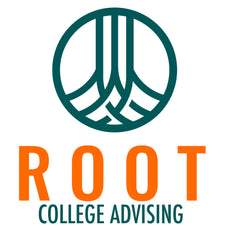“We both graduated from Amazing University. How much easier will it be for my son to be admitted?”
When a parent’s alma mater is a top choice, a special sense of pride and anticipation gets added to the mix. Stories from 30 years ago suddenly seem more interesting when told during a campus tour. Daydreams about shared football Saturdays and possible overlaps with all that is college unconsciously find their way into everyday conversation. Excitement builds yet we must temper the assumption that being a legacy helps with college admission.
How has the role of legacy in college admission changed?
Once seen as a time-honored tradition to give a bump to applicants with a parent who attended the same university, the practice is now considered by some to be an unfair advantage. Also, as the number of graduates continues to grow, the impact of being a legacy is diluted as more children with legacy credentials apply.
Legacy students absolutely offer value to colleges. That has not changed. What colleges are prioritizing and the number of legacy applicants has changed.
Some universities absolutely admit a high number of legacy applicants each year. They may not reveal percentages of the class that are legacy but it remains a factor in admission. Other colleges have changed their legacy policies. Amherst College stopped considering legacy in 2021. The reaction was loud both in the national press and in higher education communities.
Legacy admission impacts mostly highly selective college admission. Out of the thousands of colleges and universities in the United States, we consider about 50 of them to be highly selective. Although legacy policies impact a small percentage of college applicants each year, any change in them feels personal to families with children applying to a parent’s alma mater. Those feelings and that pressure are felt by both the applicants and their parents. Keeping legacy hopes firmly grounded in the realities of the current admission cycle is necessary to protect former and potentially future Amazing University students from feeling shocked by an admission decision.
How do I determine if legacy status will impact my child’s application?
Search legacy admission and the name of the college. Often a mix of news outlets, college newspapers and college admission websites will appear. These various resources will provide perspective into if a specific college considers legacy as a factor and why. Directly asking the office of admission or reviewing the college’s alumni publication can also be a good way to learn more.
ROOT Tip: If legacy is a considered factor in admission, it usually has the greatest impact if the applicant applies as early in the cycle as possible.


